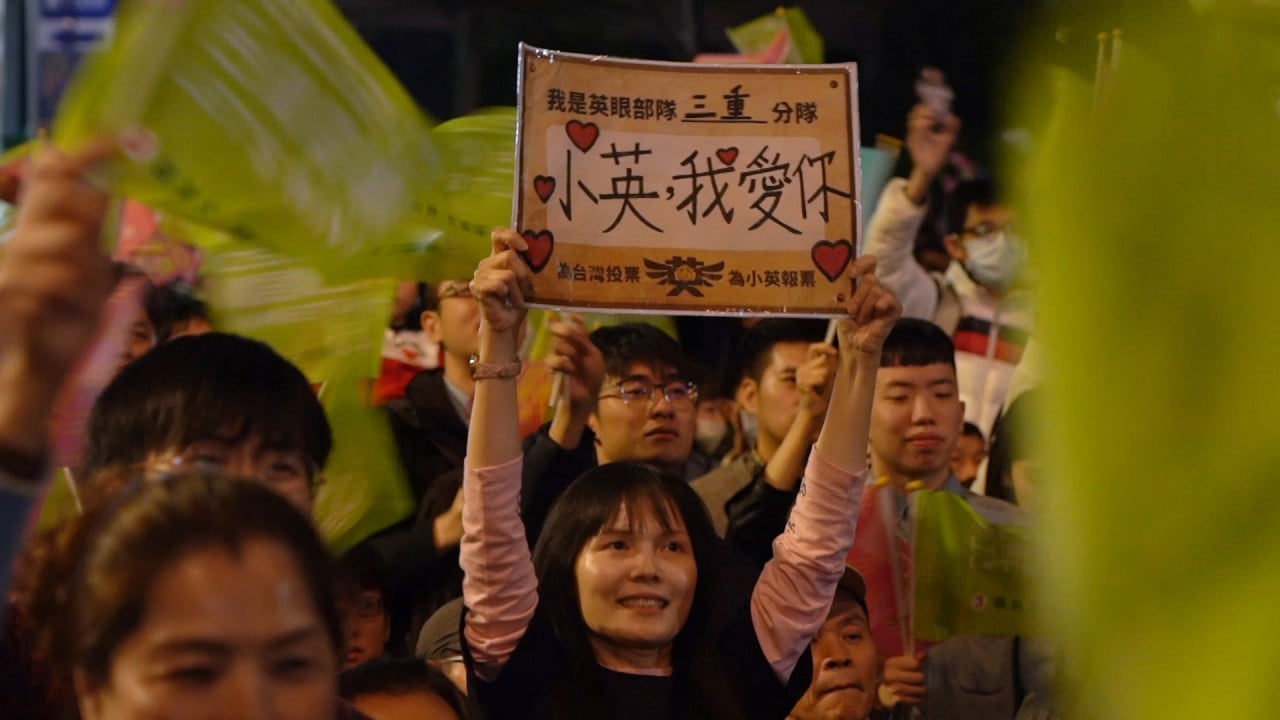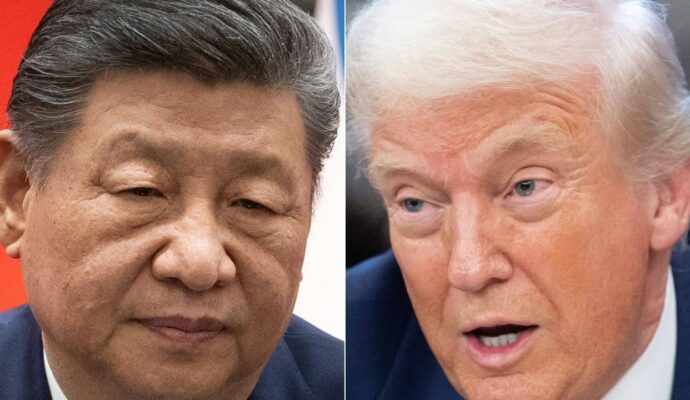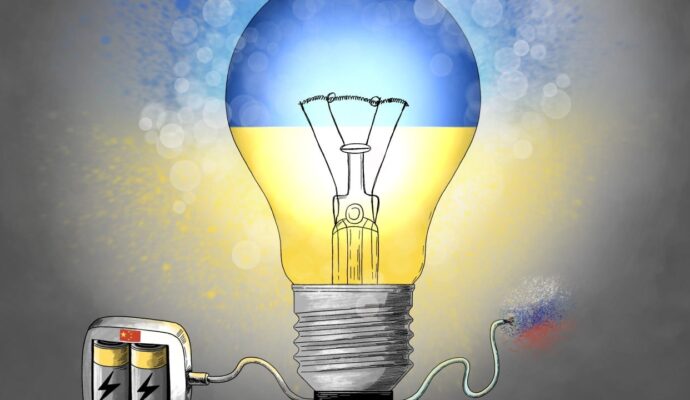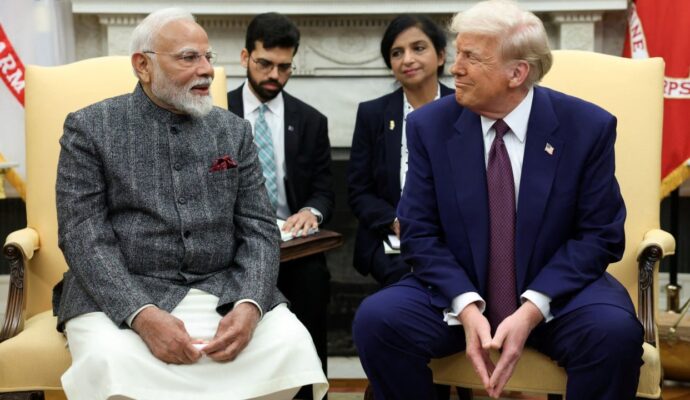The DPP’s message was clearly seen in election slogans such as “Vote for KMT, Taiwan becomes Hong Kong”.
Beijing has long held up Hong Kong as a model for Taiwan – it sees self-ruled Taiwan as a breakaway province to be “reunified” under a similar “one country, two systems” framework. For decades mainland Chinese leaders have promised a sceptical Taiwan more autonomy than Hong Kong.
Han eventually lost the presidential election, and his mayorship. The defeat plunged the KMT into crisis as supporters lost hope in its moderate strategy on Beijing and questioned its ambivalence about the island’s future.
Four years on, that saga looms large over the next presidential election in January. Six months out, as the KMT struggles with internal divisions, its candidate Hou Yu-ih, the New Taipei City mayor, is trailing his DPP rival and front runner Vice-President William Lai Ching-te, as well as Taiwan People’s Party maverick Ko Wen-je.
And this time, as Taiwanese voters prepare to decide on who will lead the island and how it will engage with Beijing, Hong Kong is pushing ahead with a plan to pass its own version of a national security law imposed on the city in 2020.
New security law
Hong Kong Chief Executive John Lee Ka-chiu said last month that Article 23 – security provisions to be added to the city’s mini-constitution, the Basic Law – would “definitely” be enacted this year or next year at the latest.
Beijing’s top official on Hong Kong affairs, Xia Baolong, made clear in January that the city should amend its laws to align them with the “overriding” national security legislation. He said this “dual mechanism” would give Hong Kong the main responsibility for national security but the central authorities would step in to tackle “intractable” problems.
Beijing imposed the national security law on Hong Kong in June 2020 in response to the unrest in the city. The sweeping law bans acts of secession, subversion, terrorism and collusion with foreign forces.
Article 23 requires Hong Kong to enact its own laws to also outlaw theft of state secrets, as well as ban foreign political organisations or bodies from conducting political activities in the city and local political organisations or bodies from establishing ties with foreign political organisations or bodies.
The city first attempted to pass the Article 23 bill in 2003 but it was shelved after half a million people took to the streets in protest over fears it would curtail civil rights and liberties.



